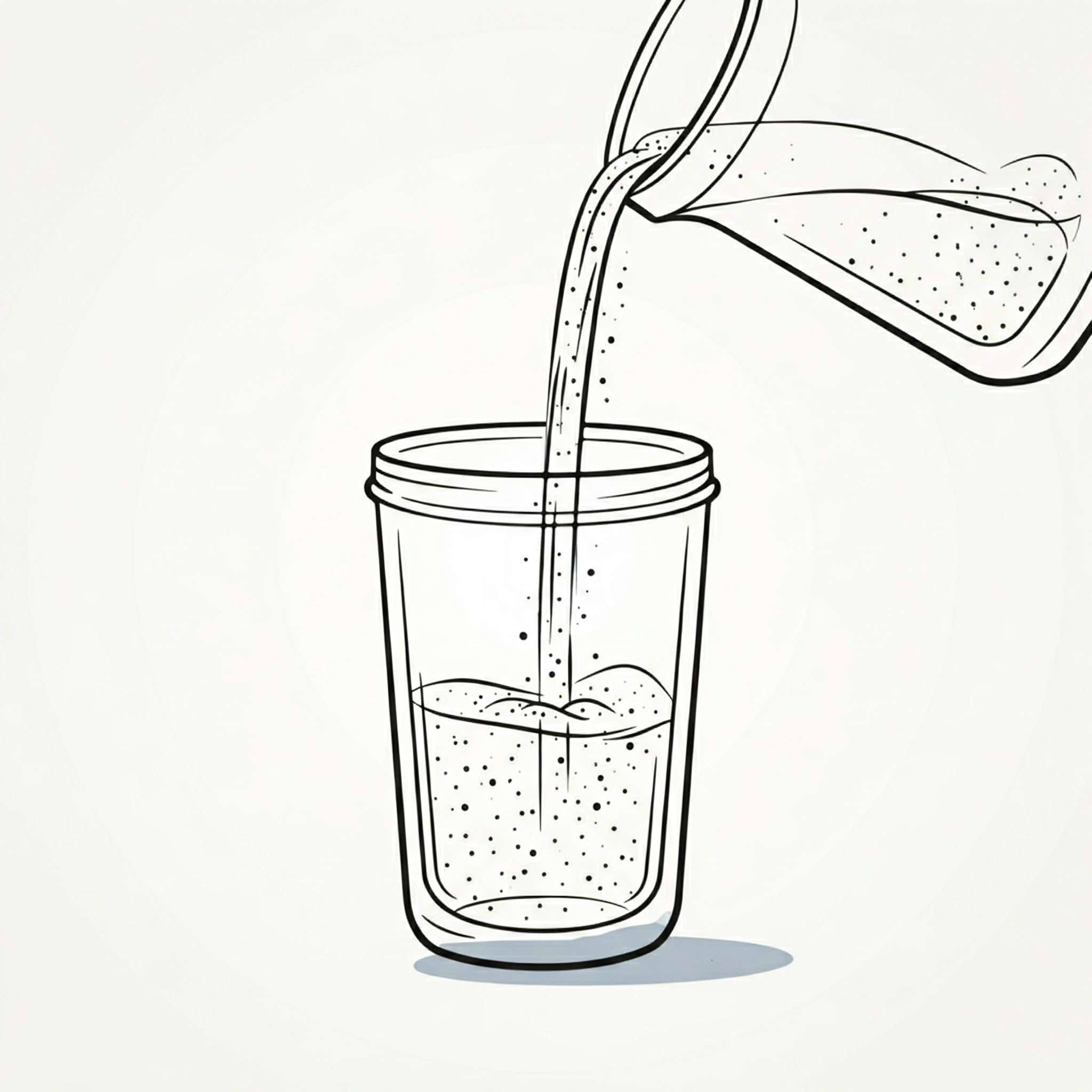Fill
Definition
Fill refers to the act of making something full by adding content, occupying space, or completing a void. It can also refer to the amount required to make something full.
Parts of Speech
- Verb
- Noun
Pronunciation
American English
- IPA Pronunciation: /fɪl/
- Respelling: fil
British English
- IPA Pronunciation: /fɪl/
- Respelling: fil
Etymology
The word "fill" originates from Old English "fyllan," meaning "to fill, make full," derived from Proto-Germanic "*fullijaną," related to the adjective "full." It has maintained its core meaning of occupying space or completing capacity throughout its linguistic evolution.
Derivatives
- Filler (noun)
- Filling (noun/verb)
- Refill (verb/noun)
- Fulfillment (noun)
- Overfill (verb)
Synonyms
- Stuff
- Load
- Occupy
Antonyms
- Empty
- Drain
- Vacate
Usage
The term "fill" is widely used in contexts involving completion or occupation of space. For instance, "He filled the glass with water," or "The bag is filled to capacity." As a noun, it can refer to the contents that occupy space, such as "The sandwich has a generous fill of meat."
Related Terms
- Capacity: The maximum amount something can hold.
- Stuffing: Material used to fill a space.
- Volume: The amount of space occupied by a substance.
Detailed Definitions
Verb
- To make something full by adding content: Refers to the act of occupying or completing a space.
- Example: "She filled the vase with fresh flowers."
- To supply a requirement or vacancy: Indicates the act of fulfilling a need or position.
- Example: "The company filled the job opening with a qualified candidate."
- To occupy completely: Refers to taking up all available space or time.
- Example: "The room was filled with enthusiastic participants."
Noun
- The amount required to make something full: Refers to the contents or material used to fill.
- Example: "The glass only needs a little more water for a full fill."
- A sufficient quantity: Indicates an amount that satisfies a requirement or desire.
- Example: "She had her fill of the delicious meal."
fill



🇨🇳 Chinese (Mandarin)
- 填充
- IPA: /tʰjɛn³⁵ ʈʂʰʊŋ³⁵/
- Respelling: tiánchōng
- 充满
- IPA: /ʈʂʰʊŋ²¹⁴⁻²¹¹ mǎn/
- Respelling: chōngmǎn
🇮🇳 Hindi
- भरना
- IPA: /bʱər.naː/
- Respelling: bharana
- पूरा करना
- IPA: /puːɾaː kəɾnaː/
- Respelling: poora karna
🇪🇸 Spanish
- Llenar
- IPA: /ʝeˈnaɾ/ (Spain), /ʎeˈnaɾ/ (Argentina), /jeˈnaɾ/ (Mexico)
- Respelling: ye-naar
- Completar
- IPA: /kompleˈtaɾ/
- Respelling: komple-taar
🇫🇷 French
- Remplir
- IPA: /ʁɑ̃.pliʁ/
- Respelling: rahn-pleer
- Combler
- IPA: /kɔ̃.ble/
- Respelling: kon-bleh
🇸🇦 Arabic (Modern Standard)
- يملأ
- IPA: /jɪmˈlaːʔ/
- Respelling: yimla'
- تعبئة
- IPA: /taʕbiːʔah/
- Respelling: ta'beeah
🇧🇩 Bengali
- পূরণ
- IPA: /puron/
- Respelling: puron
- ভরা
- IPA: /bhora/
- Respelling: bhora
🇷🇺 Russian
- Заполнить
- IPA: /zəpɐˈlnʲitʲ/
- Respelling: zapolnit'
- Наполнить
- IPA: /nəpɐˈlnʲitʲ/
- Respelling: napolnit'
🇵🇹 Portuguese
- Preencher
- IPA: /pɾe.ˈẽ.ʃeɾ/
- Respelling: pre-en-shehr
- Encher
- IPA: /ˈẽ.ʃeɾ/
- Respelling: en-shehr
🇮🇩 Indonesian
- Mengisi
- IPA: /məŋisi/
- Respelling: mengisi
- Memenuhi
- IPA: /məmənuhi/
- Respelling: memenuhi
🇩🇪 German
- Füllen
- IPA: /ˈfʏlən/
- Respelling: fyulen
- Ausfüllen
- IPA: /ˈʔaʊ̯sˌfʏlən/
- Respelling: ausfyulen
🇯🇵 Japanese
- 埋める
- IPA: /uːˈmeɾɯ̟β/
- Respelling: umeru
- 満たす
- IPA: /miːˈta͡sɯ̟β/
- Respelling: mitasu
🇻🇳 Vietnamese
- Lấp đầy
- IPA: /ləp˧ˀ˨ʔ ɗaːj˧˧/
- Respelling: lap day
- Đổ đầy
- IPA: /ɗo˧˧ ɗaːj˧˧/
- Respelling: do day
🇰🇷 Korean
- 채우다
- IPA: /tɕʰɛ.udɑ/
- Respelling: chaeuda
- 메우다
- IPA: /me.udɑ/
- Respelling: meuda
🇹🇷 Turkish
- Doldurmak
- IPA: /dolduɾmak/
- Respelling: doldurmak
- Dolmak
- IPA: /dolmak/
- Respelling: dolmak
🇵🇰 Urdu
- بھرنا
- IPA: /bʱər.naː/
- Respelling: bharna
- پورا کرنا
- IPA: /puːɾaː kəɾnaː/
- Respelling: poora karna





